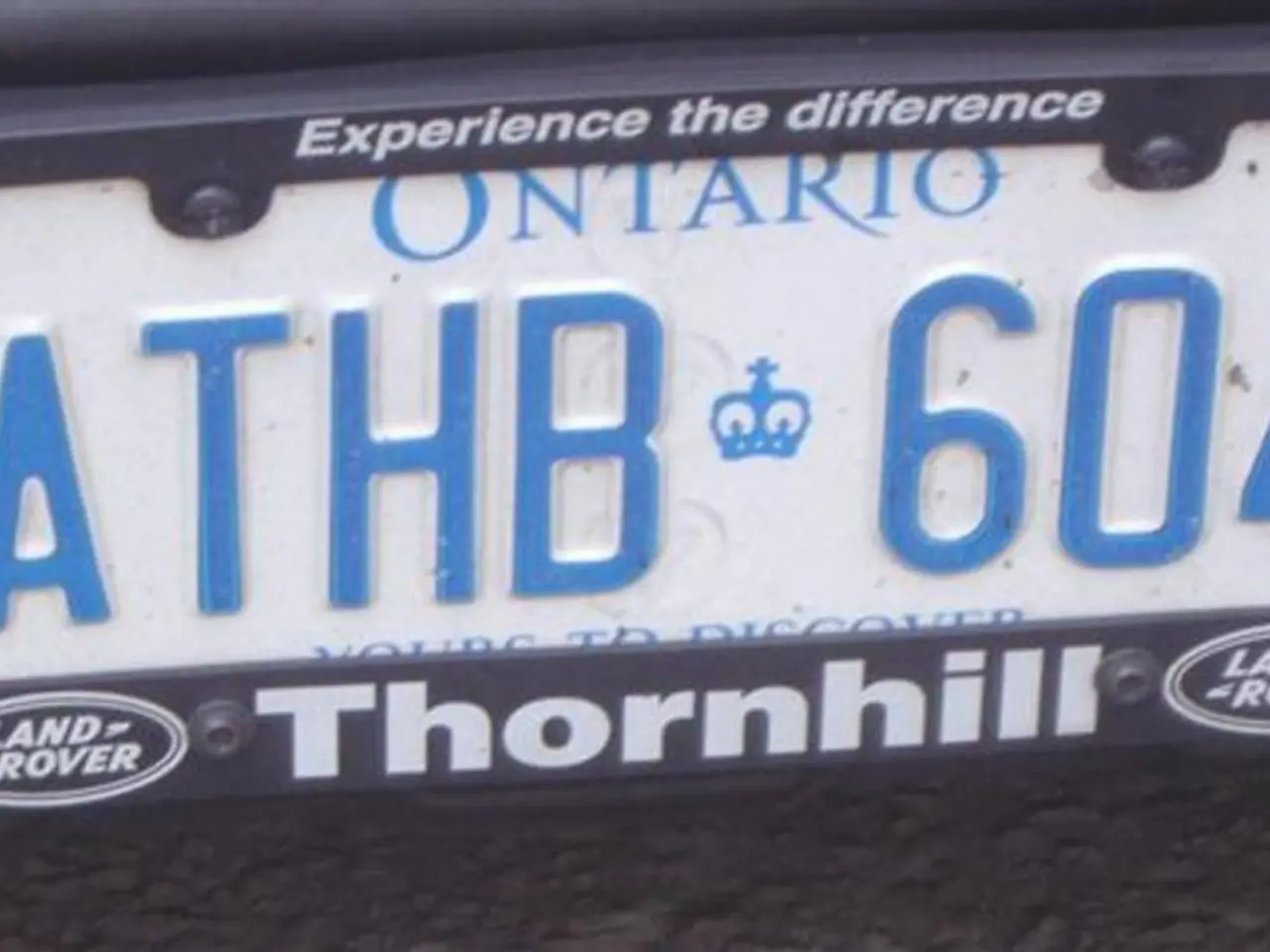L.A. County takes steps to safeguard traffic data from ICE access
Los Angeles County Boosts Oversight of Automated License Plate Readers
In a move to enhance transparency and protect privacy, the Los Angeles County Board of Supervisors has voted to increase oversight of data gathered by devices known as automated license plate readers (ALPRs).
The decision comes amidst growing concerns over the use of ALPRs by law enforcement agencies and potential misuse of the collected data.
Under the motion passed Tuesday, the Los Angeles County Sheriff's Department would need to regularly report what agencies asked for license plate data to two county watchdog groups - the Office of Inspector General and the Civilian Oversight Commission. This will create a clear policy that the data cannot be shared with immigration officials without a warrant or if required by law.
The Sheriff's Department currently has no agreements for ALPR data sharing with any federal agency. However, more than 100 instances in a single month were found where local police queried databases for federal agencies, according to a recent report from CalMatters.
Immigration officers could informally pass on a plate number to a deputy with access to the system, according to Maass, director of investigations for the Electronic Frontier Foundation. He also mentioned that private companies in California still collect and sell data that ICE can use.
Supervisor Hilda Solis introduced the motion to beef up oversight, and the change will impose more transparency on who's requesting license plate data from the Sheriff's Department and when the agency provides it.
The Los Angeles County Sheriff's Department has roughly 366 fixed ALPRs from Motorola Vigilant and 476 from Flock Safety in contract cities and unincorporated areas. Additionally, there are 89 mobile systems from Motorola mounted on vehicles that patrol these areas.
The motion also calls for the county to support a bill limiting the amount of time law enforcement can keep most license plate data to 60 days. Supervisor Kathryn Barger cast the sole no vote due to this part of the motion.
Orange County will fight Trump over sensitive voter information, despite pushback. Meanwhile, U.S. Customs and Border Protection has its own license plate readers around Southern California.
A judge ordered RFK Jr.'s health department to stop sharing Medicaid data with deportation officials. Catherine Crump, director of UC Berkeley's Technology & Public Policy Clinic, stated that once data is shared, it's hard to control and can be repackaged and sold.
Tricia McLaughlin, assistant secretary for the Department of Homeland Security, stated that the agency has multiple resources to ensure federal law is enforced in Los Angeles and throughout the country. However, L.A. County wants to bar ICE agents from concealing their identity.
The department's policy already prohibits it from sharing data from plate readers with any entity that "does not have a lawful purpose for receiving it." It's already illegal for local law enforcement agencies in California to share information from license plate readers with federal agencies like U.S. Immigration and Customs Enforcement without a warrant.
This move towards increased oversight and transparency in the use of ALPRs is a significant step towards protecting privacy and ensuring the data collected is used only for its intended purpose.
Read also:
- Ford Discontinues Popular Top-Seller in Staggering Shift, Labeled as a "Model T Event"
- 2025 Witnesses a 27% Surge in Worldwide Electric Vehicle Sales, Despite Opposition to Electrification Policies in the U.S.
- Recorded surge in electric vehicle registrations during the initial half of the year
- Dubai-bound: Omega Seiki Mobility, an electric vehicle company from India, prepares for assembly establishment







